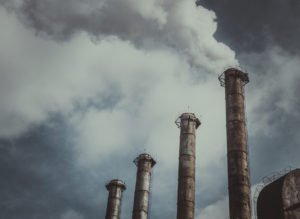Dignitaries meeting in Kigali have pledged to phase-out the use of harmful greenhouse gases commonly used in refrigeration and air conditioning.
 Nearly 200 countries struck a deal to amend the Montreal Protocol to address hydrofluorocarbons (HFCs), predicting the reduced emissions could prevent up to 0.5 degrees Celsius of global warming.
Nearly 200 countries struck a deal to amend the Montreal Protocol to address hydrofluorocarbons (HFCs), predicting the reduced emissions could prevent up to 0.5 degrees Celsius of global warming.
The Montreal Protocol was agreed in 1987 and originally targeted chlorofluorocarbons (CFCs), which were causing damage to the Earth’s ozone layer.
Environment Minister Dr Nick Smith welcomed the agreement, which he said New Zealand had advocated for. Under the phasing down plan, New Zealand will have to reduce HFC use by 85 per cent by 2036, with the first phase down scheduled for 2019.
Victoria University of Wellington’s Professor James Renwick told Newshub the agreement was something to celebrate, though it would have a limited effect on global warming.
“The big issue is really still carbon dioxide emissions. The complete phase out of these emissions would be the equivalent of stopping CO2 emissions for a couple of years,” he said.
As the gas was found in refrigerators and air conditioning units, the change should only affect manufacturers of those products, he said. “It’s a very different situation to greenhouse gasses, associated with fossil fuels, which is embedded in just about everything we do so it should be a pretty painless change over.”
The agreement was covered by local media, including:
Newshub: Hydrofluorocarbon deal ‘a step in the right direction’ – expert
Radio NZ: NZ signs international agreement on greenhouse gases
TVNZ: NZ playing its part in further reducing greenhouse gas emissions